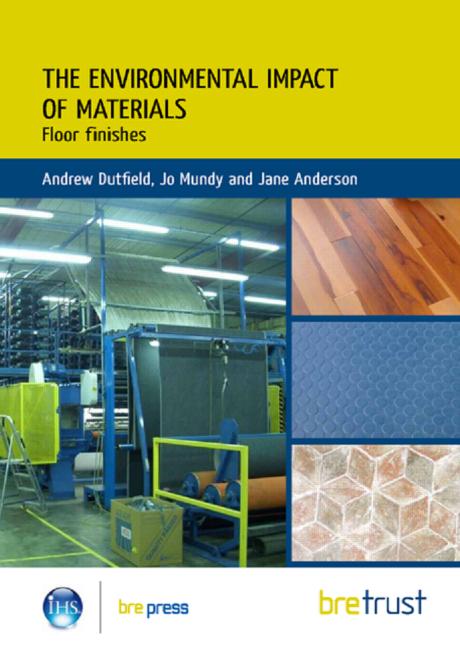Novalis CEO John Wu on Resilient Flooring Industry Trends and Strategic Growth in 2024

Novalis President and CEO John Wu in Chicago during NeoCon 2024. The AVA flooring brand brings aesthetic design and manufacturing to the commercial market. Photo: Floor Trends & Installation.
During NeoCon 2024, we met up with Novalis President and CEO John Wu to discuss the company's approach to the flooring industry amid 2024's challenges. Learn how this leader in resilient flooring emphasizes long-term planning, approaches the evolving role of digital printing, and invests in product storytelling. Plus, Wu highlights Novalis' commitment to U.S. manufacturing and the company's strategic expansion into Mexico to balance costs and service efficiency.
FLOOR Trends & Installation: How has business been in 2024 so far?
Novalis President and CEO John Wu: This year has been tough, but the commercial sector shows promising momentum. It stood out as a bright spot last year and continues to shine. Residential, on the other hand, is primarily a replacement business this year. With minimal new home construction and continued high interest rates, we expected that residential sales would be soft. The current environment reinforces the importance of having a balanced portfolio that includes both commercial and residential sectors. Looking ahead, we are optimistic. Anyone who has been in this business any length of time knows that there are ebbs and flows. We anticipate sales to bounce back in the years to come.
Do you have a tempered approach to business?
Wu: Yes, our approach is focused on long-term goals. We're not chasing short-term gains. As everyone knows, industries like ours go through cycles, and that includes having to navigate through the challenging periods. Novalis has experienced many successful years, surpassing our expectations. During the Covid years, there was a surge in pre-purchases in the residential sector, which is now becoming evident. Home renovations aren't something people do every couple of years, so the longer-term outlook, particularly over the next five to ten years, remains strong due to the persistent housing shortage. As interest rates decrease further, consumer confidence will rise, encouraging builders to resume construction.
Floor Trends & Installation: What role does digital printing play in the future of resilient flooring?
Wu: Digital printing is gaining more attention lately as it is a unique product. While we haven't made investment commitments yet, we're closely monitoring the developments to stay informed. Currently, we do not feel that it fully reflects the realism of luxury vinyl products, but that's expected to evolve over time. There's a possibility it could become its own flooring category, especially since current specifications lack wear layers, which are not part of the ASTM standards. This is an aspect we'll be exploring further.
Floor Trends & Installation: There are so many categories of flooring, and it can be confusing for customers. What is your take?
Wu: All the flooring categories seem to be merging in some form and that is what is causing customer confusion. Resilient flooring was once well-defined into basic categories, luxury vinyl, laminate, linoleum, etc. Each category had its attributes, and a buying decision was much easier. Now there are hybrids of everything, and the lines are blurred. At the end of the day, it is hard flooring versus soft flooring. Luxury vinyl is still a standout product in the hard flooring market because customers can have an ultra-realistic look with the durability and waterproof capabilities that natural products cannot provide.
Floor Trends & Installation: Novalis invests heavily in marketing and product storytelling to educate consumers and end-users. Why is this important?
Wu: We have a story to tell and want to make sure that it is done well. There are very few of us who exclusively deal in vinyl. Our company has been dedicated to manufacturing vinyl for over 35 years, and we take great pride in our expertise. Unlike some other players in the industry who are not manufacturers or have less passion for vinyl, our commitment runs deep, influenced by a cultural legacy passed down from my dad. Our company plays a significant role in supporting livelihoods, currently employing 150 people in the U.S., with 100 dedicated to manufacturing. We're not just creating jobs in Asia but also contributing to employment in the U.S. This responsibility is something we take very seriously, and we are determined to sustain our success in this market. That means that not only do we have to make a great product, we have to communicate the story of our products to our customers well.
Floor Trends & Installation: Speaking of U.S. production, you began domestic manufacturing in Dalton, Georgia, in 2020 with an initial investment of $30 million. Are you at capacity?
Wu: We're nearly there. Manufacturing in the U.S. will always be more costly than in Asia, especially with more countries than ever now producing vinyl flooring. To offer a better cost while also supporting our North American production, we expanded by setting up a factory in Mexico in 2023. This allows customers who prefer local products (North American products) to also purchase from Mexico. The facility in Mexico is larger than our U.S. plant and is essentially an extension of our operations. It offers the advantage of shorter service lead times compared to Asia, while maintaining competitive costs.
Looking for a reprint of this article?
From high-res PDFs to custom plaques, order your copy today!









